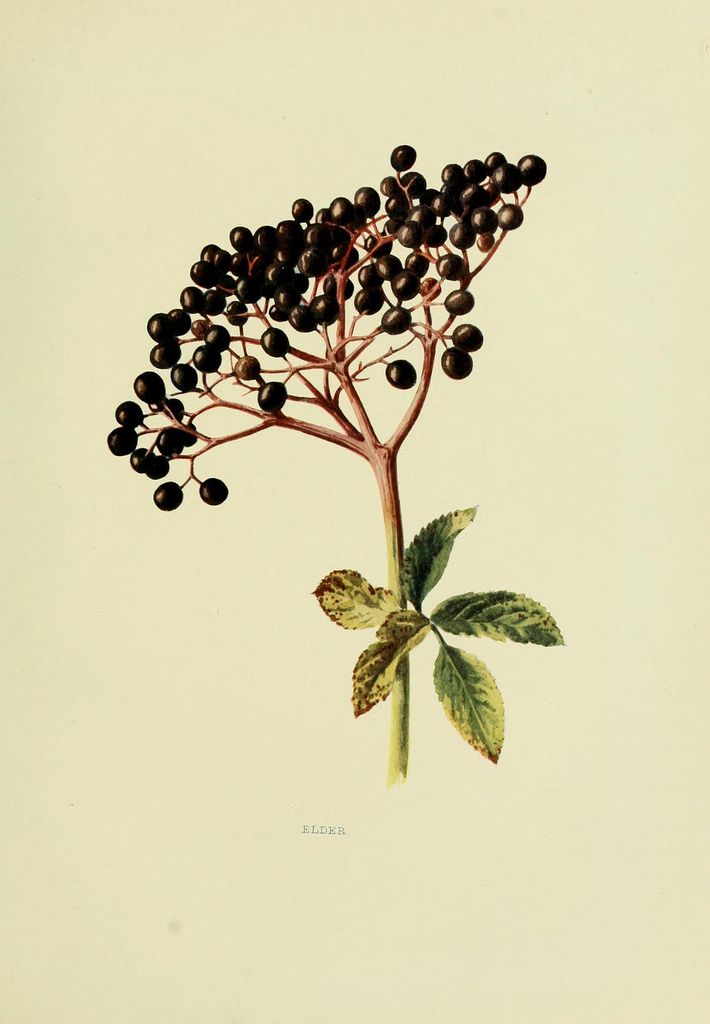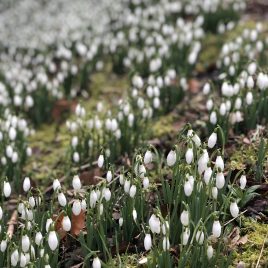
Foraging in a time of Coronavirus
This year has been dominated by Covid-19 for all of us. I’m fairly sure that I never imagined writing a blog in the middle of a global pandemic. Now, after months of uncertainty, it seems we are facing a winter of continued disquiet. One thing however, has felt certain for me; that it has never been more important to get outdoors. For many of us, it has been the only ‘safe’ way to socialise. For me, going on walks with old friends and new has been a great comfort for my state of mind and I know that it is helping countless others.
Foraging, whilst on a walk, makes me feel especially purposeful, knowing that I will turn my haul into delicious preserves for the months ahead. It feels like bottling goodness.
Autumn is one of my favourite times to forage. The trees and hedgerows are full of all kinds of abundant fruits and berries begging to be turned into syrups, preserves and jams; Elderberries, Rosehips, Brambles, Blackthorn and Hawthorn.
For the past few years, ever since we discovered it on Robin Harford’s excellent website Eatweeds, Colin has been making elderberry syrup.
Otherwise known as sambucus nigra, the Black Elderberry is a small, antioxidant rich fruit common to Europe and North America that is usually consumed as a jam or a wine. However, Elderberry’s flu-fighting properties have long been observed. It was first researched by Israeli virologist Dr. Madeleine Mumcuoglu and developed into a commercial anti-viral supplement widely available in pharmacies.
Last year a study by scientists at the University of Sydney found that compounds from Elderberries can directly inhibit the influenza virus’s entry and replication in human cells, and can help strengthen a person’s immune response to the virus. A link to this recent study can be found at the end of this blog.
Whilst no-one claims Elderberries will help fight coronavirus, it is certainly a time when our immune systems could do with a bit of a boost from nature’s larder. So, for the price of a bag of sugar and a little time, here is the simple recipe:
Elderberry Syrup
Go for an autumn forage, off the beaten track on a sunny, dry day.
Collect a bag of Elderberries (double bag as they can be very juicy and can leak). Choose plump, ripe fruit, pinching each bunch off at the main stalk.
When you get home, use a fork to remove the tiny Elderberries from the stalks into a saucepan.
Add enough water to cover them and simmer for 20 minutes.
Strain the Elderberry mixture through a muslin cloth or jam straining bag, squeeze it to make sure you get all the juice out.
For each pint of juice you get, add 1lb of granulated sugar and 12 cloves.
Boil this mixture for 10 minutes.
Allow the Elderberry mixture to cool, and then bottle in sterilised glass bottles, making sure that the caps have a plastic seal.
If you like a more pronounced clove flavour you can add a couple of cloves to each bottle you make.
The Elderberry cordial syrup will last up to two years. We make about 4 litres and it just about gets us through the winter months. Irrespective of its immune boosting powers, it is delicious and I drink a small sherry glass full each day. It also makes a comforting hot cordial on a freezing winter’s day. Enjoy!
Warning: Do not drink raw elderberry juice as it is toxic. The berries must be cooked sufficiently to avoid the risk of nausea or vomiting or cyanide toxicity.



